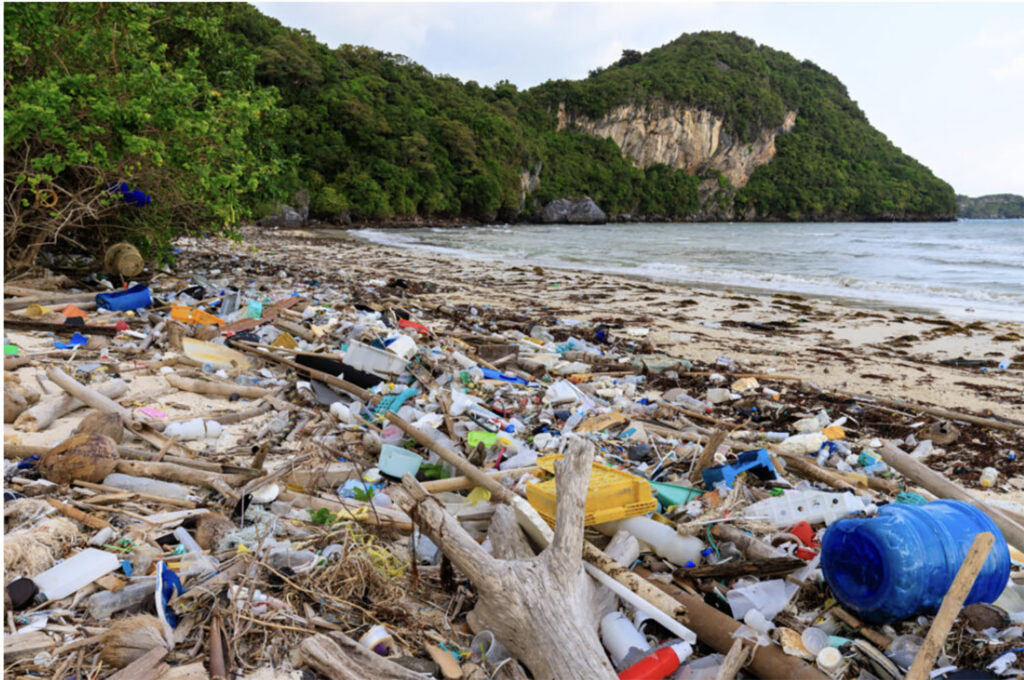By Kaitlyn Scanlon, Alliance Intern from Oregon State University
Most of us feel so stuck with plastic and don’t know what to do about it. Did you know that “the average American uses and throws away 110 pounds, or roughly 50 kilograms, of single-use plastic every year”? (NY Times) When you combine American’s plastic usage with the rest of the world, it becomes clear that single-use plastic consumption is running rampant, along with microplastic pollution. We need to take steps to reduce it, from our own use to public policy.
Plastic Free July is a month-long challenge held each year by the Plastic Free Foundation. The organization challenges participants to either avoid single-use plastic packaging, target takeaway items (bags, bottles, straws, and cups) or go completely ‘plastic-free.’ Emails full of sustainability tips and hacks are sent out weekly to encourage participants across the globe throughout this challenge. According to EarthDay.org, “you could theoretically save $17,290 in your lifetime with a reusable water bottle.”
Here’s another great money-saving sustainability tip: Instead of using disposable food and drinkware, you can bring your own reusable ones to cut down on unnecessary waste.
Common reusable substitutes include metal straws, silicone baggies, wooden or metal utensils, and food containers. So, making the effort to choose reusables benefits your wallet and the health of the environment.
You can also help by supporting innovative businesses working to solve the problem. Alliance Dream Team member Michael Martin, creator of r.Cup, is bringing “environmental solutions to the live events industry” through integrated, end-to-end reusable cup systems for large-scale venues and events, according to r.Cup. The cups are both reusable and recyclable, so, “after every activation or event, r.Cup collects, washes, sanitizes, inspects and then repackages cups, to be used again and again and again.”
You can really make a difference in helping to stop microplastic pollution. Plastics degrade into miniscule plastic particles take “hundreds to thousands of years to decompose.” In the meantime, they “wreak havoc on the environment,” as reported by National Geographic. They’re found in “marine organisms from plankton to whales, in commercial seafood, and even in drinking water.” The dangers of microplastic consumption are still not fully understood, making the widespread presence of microplastics in marine life and water sources even more alarming.
When you decrease your single-use plastic consumption, you’ll save money and wildlife, have cleaner streets and oceans and create more beautiful communities! You can join with more than 100 million people taking the Plastic Free July challenge. Sign up at plasticfreejuly.org.

